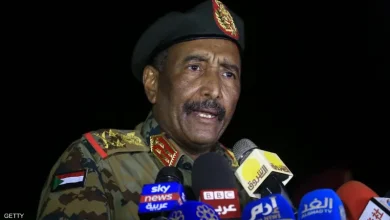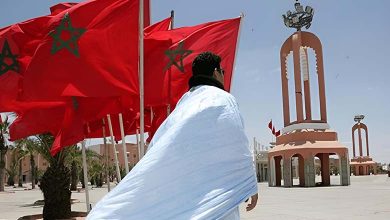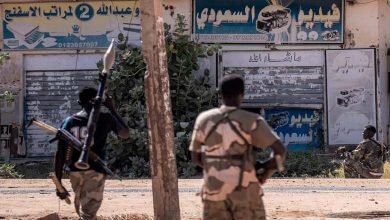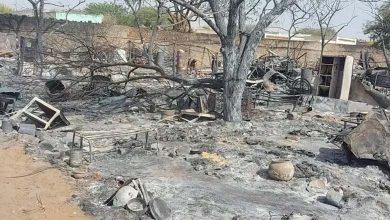Dropping the membership of Bashagha from the House of Representatives; What is the real reason behind that?
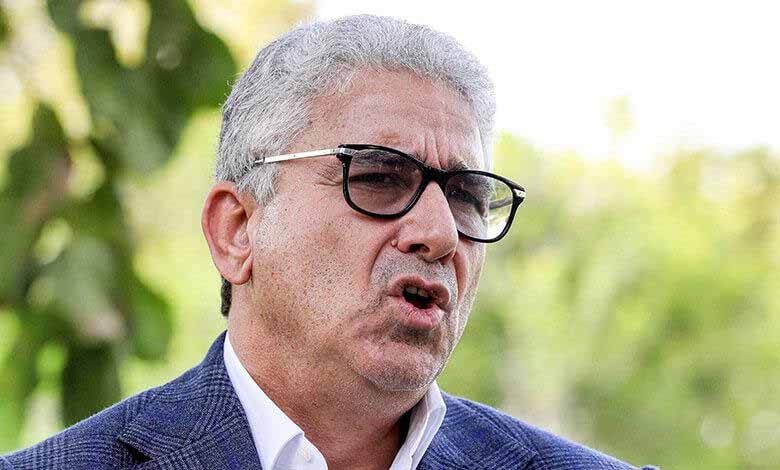
The Libyan parliament on Sunday revoked the membership of Fathi Bashagha, the head of the government appointed by the parliament, Fayez al-Sarraj, the former prime minister, and seven other members before the resignation of other members.
Article 1 of Law No. 6 of 2022 accepted the resignation of MP Ahmed Houma, Ali Al-Saidi Al-Qaedi, Abdullah Al-Lafi, and Khaled Al-Osta. Article 2 of the decree stipulates that the resignation of MP Ahmed Hawdah, Ali Al-Saidi Al-Qaedi, Abdullah Al-Lafi, and Khaled Al-Osta be implemented from the date of issuance of the law and that any contrary provision be repealed.
Abdication of the membership of Bashagha and Sarraj
The Libyan parliament revoked the membership of nine of its members, including former Prime Minister Fayez al-Sarraj, House of Representatives Prime Minister Fathi Bashagha, and his deputy Ali Faraj al-Qatrani.
According to Article 1 of Decree No. 7 of 2022, the list of deputies whose membership was revoked includes Saleh Himma, Mohammed Adam Lino, Abdul Muttalib Idris, Abu Bakr Ahmed Said, Ziad Daghim, and Abdul Ghani Al-Futaisi. The second article of the decree stresses the need to implement it from the date of its issuance and to repeal any contrary provision.
Explanation of the House of Representatives
The Libyan House of Representatives explained the reason for its decision that the nine members had been assigned tasks in the executive branch in contravention of the membership provisions of the Council’s rules of procedure and in violation of their national duties.
In a session held in mid-September, the Libyan House of Representatives decided to relieve members of parliament who held positions in the state and to accept the resignation of deputies who submitted their resignations.
Corruption and cooperation with militias
According to observers, however, Bashagha’s failure to achieve Libyan unity and go to elections in order to get out of the dark tunnel that the country entered, as well as his cooperation with terrorist militias, was the real reason behind the drop of his membership.
Bashagha said in a speech on his return from a lengthy visit to Turkey that his government would operate from the cities of Sirte and Benghazi. This means insisting on returning the country to the partition box, with two parallel and conflicting authorities in the east and west. This indicates that the electoral process will remain on hold and that armed groups will remain in control of the areas they control as governments compete for power in the east and west.
Bashagha has blamed the current division on a regional and international situation that he did not know. He said he did not want Libyans to get closer together or achieve reconciliation between them. He did not clearly identify which regional and international parties were disrupting the course of the elections in Libya, and he acknowledged for the first time that his supporters had failed to enter and control Tripoli.
Sources close to the House of Representatives said that Bashagha received 6 billion Libyan dinars to run his government’s business, but it is not known whether this was from the Central Bank of Libya (which Dbeibeh oversees) or another side.
The Spread of Corruption
Reports revealing the extent of corruption in state agencies, including a study by the United Nations Regional Crime and Justice Research Institute, have been published recently by the Eurasia Review Center for American Studies and Research. The study showed that the average annual loss of illicit financial flows in Libya is estimated at $1.2 billion.
“The Center explained that this loss benefits the Migrant Smuggling Mafia, which annually generates about $236 million, in addition to about $30 million in small arms and light weapons smuggling, in light of the weak effective control of the vast Libyan territory and the absence of state authority from some regions, especially the south.” The report said that the value of Libyan arms trade in the post-Gaddafi era ranged between $15 million and $30 million annually, noting that oil smuggling represents 20% of the militias’ income.



